We stayed the night at a bed and breakfast with a beautiful river view in Donegal. We arrived in the evening after our visit to Glenveagh Castle, and decided to walk to the town to get dinner. I was looking forward to seeing the town as some of my ancestors came from this area of Ireland. We explored some of the town in the early evening. The following morning, we decided that we would visit the castle and we would have a look at the ruins of Donegal Friary in the town. I was amazed by the beauty of the still lake; apparently dolphins can be seen here at times, but we did not see any.
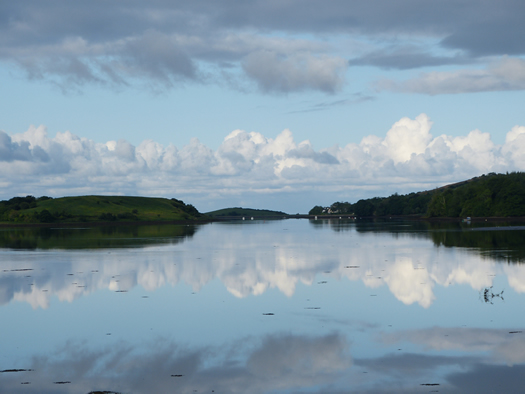
Our host told us how to access the town. As the tide was out, we could walk down to the river and walk around the edge to the town's harbour. This was the quickest way, but when the tide is in, the walk around from the town centre is longer.

We saw a crab on the stones by the river.
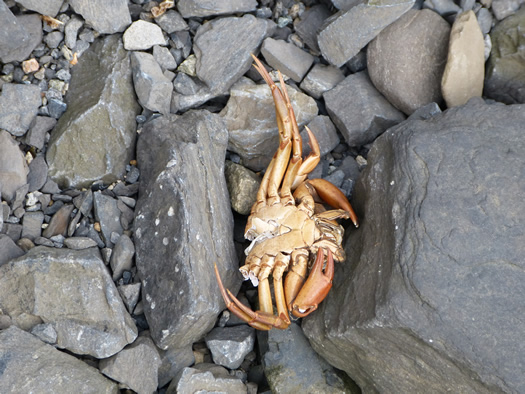
At the back of the bed and breakfast are the ruins of Donegal Friary. It was founded by Franciscan Friars in 1474 and attacked by the English in 1588, only to be taken back four years later. The buildings were repaired, but it was seiged again in 1601 and destroyed. Afterwards, it became a Protestant place of worship, but the friars were still active here.
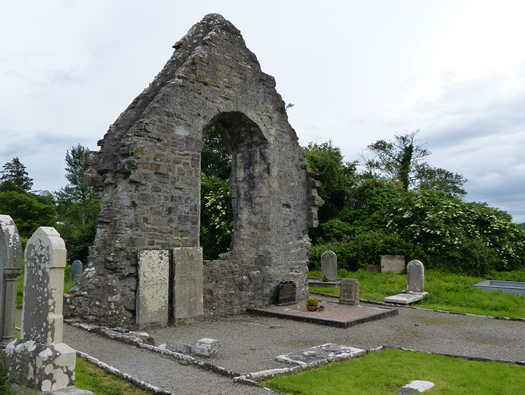
Some of the walls survive, and some look as though they could collapse at any moment. However, many tombstones are filled in between the ruins of the old friary.
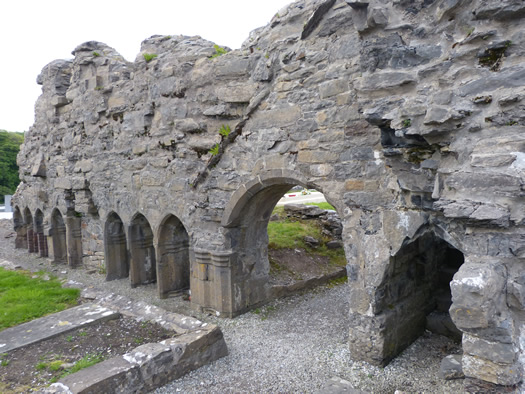
A map is located in the middle of the ruins to give visitors an idea of what each building was used for.
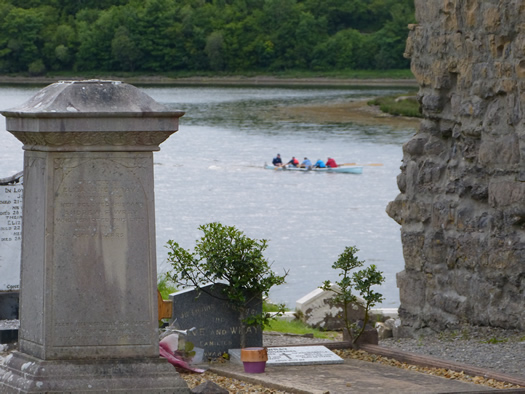
The next day, we admired the views of the river before heading to the town to visit the castle. The tide was still out, so we could walk around the lake again, but we would have to walk the long way on the way back to the bed and breakfast.
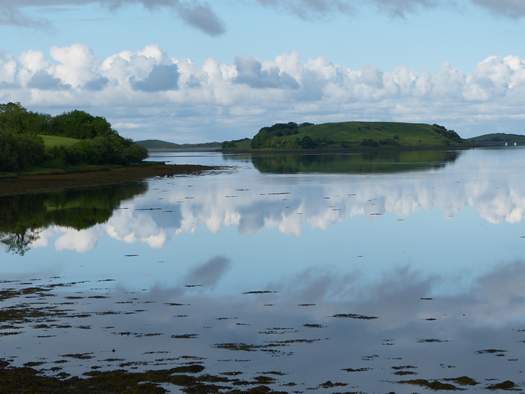
I caught a photograph of a bird in the garden by the river.
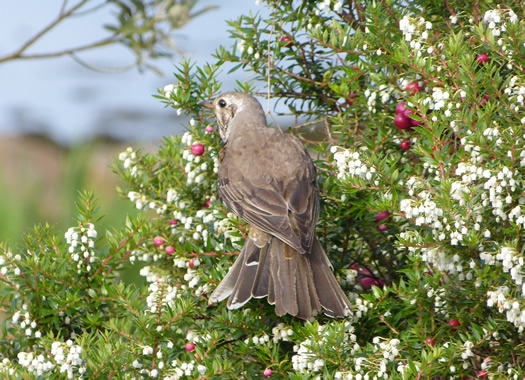
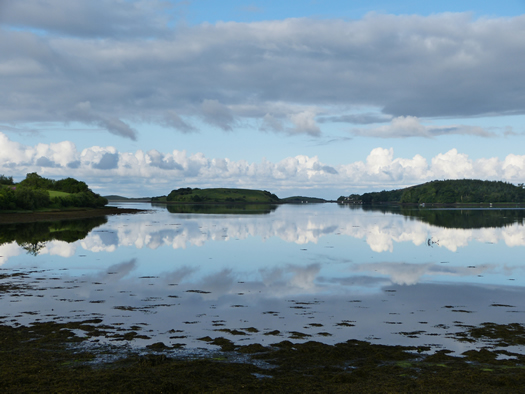
We popped into some shops and admired Dongeal's diamond (the town centre) before visiting the castle.
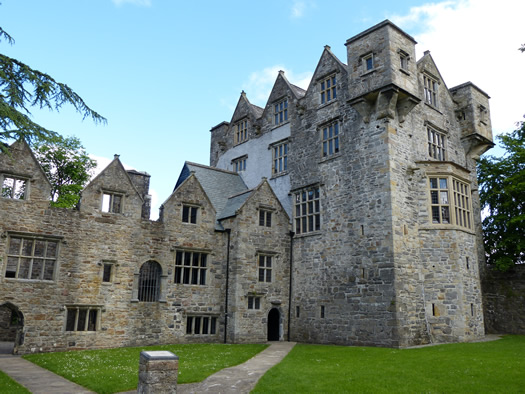
Donegal Castle was built by O'Donnell in the late 15th century. The family were known for exporting fish, and their coat of arms in the castle depict fish. In 1592, O'Donnell burned the castle to prevent it falling to the English in a usable state. It was taken by the English, of course, and renovated in the early 1500s. The tower house was renovated in the Tudor style.
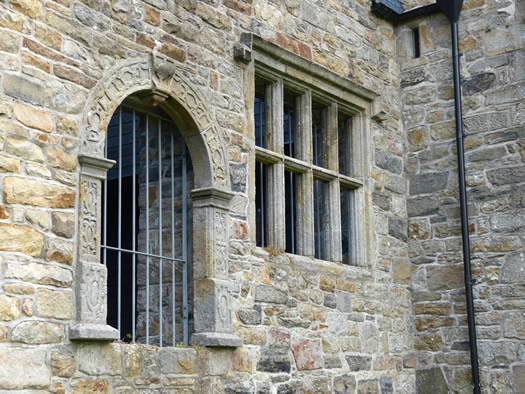
The castle was the residence of the O'Donnell family from 1200 to 1601 and built for defense, using the river as protection. Before this and in the 9th and 10th centuries, it was thought to have been used as a Viking fort. Some of the stonework for the castle is thought to have come from the priory.
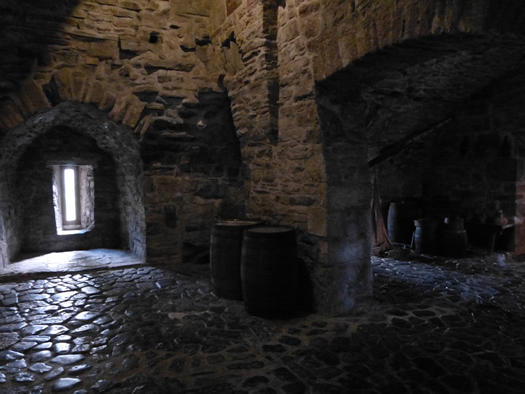
The cobblestones in the lowest level of the tower house are restored from the 15th century and the barrel-vaulted ceiling in one chamber survived. The cobblestones and vaulted ceiling can be seen in the above photograph.
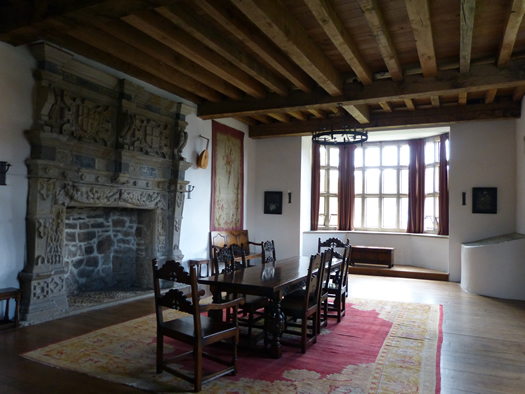
Inside the tower house, the Tudor style renovation from the 1500s can be seen. The sculpted fireplace is one of the best in Ireland.
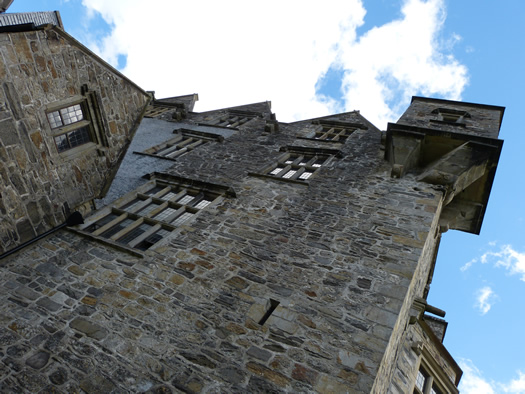
We spent approximately 40 minutes looking around the castle, and we decided to head back to our bed and breakfast and be on our way. The next stop would be Belleek Pottery and Marble Arch Caves.
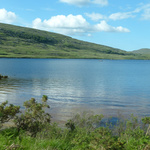
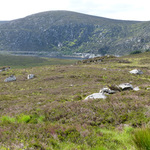
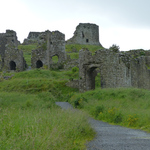
Leave a comment